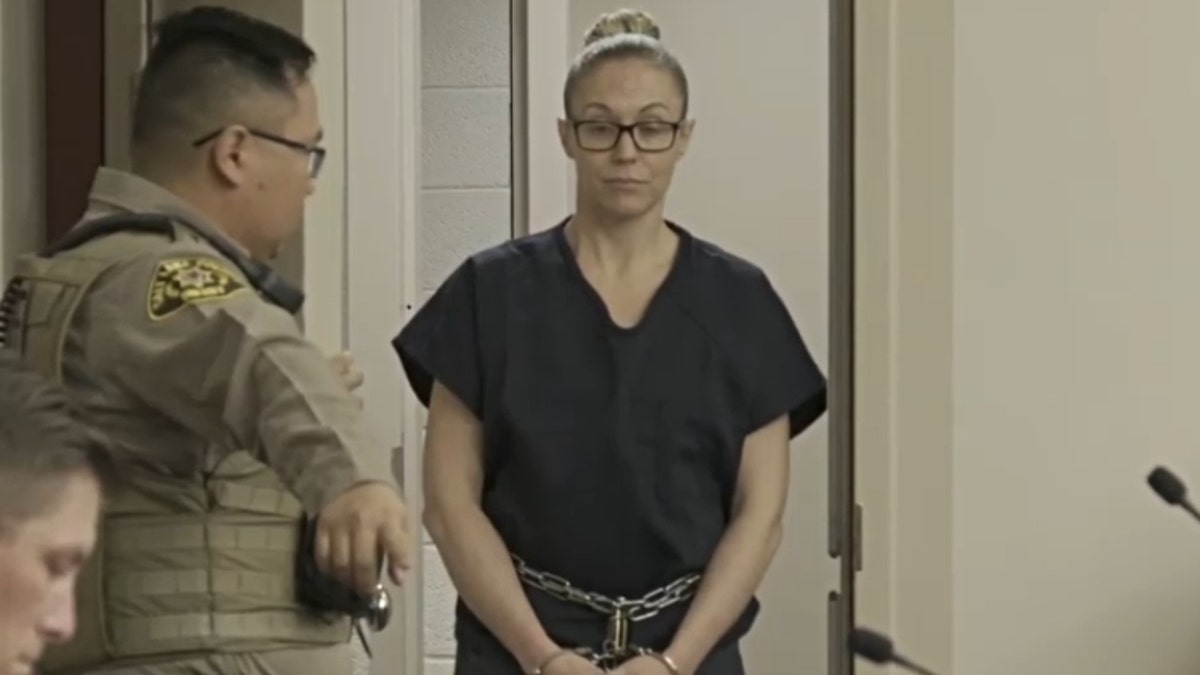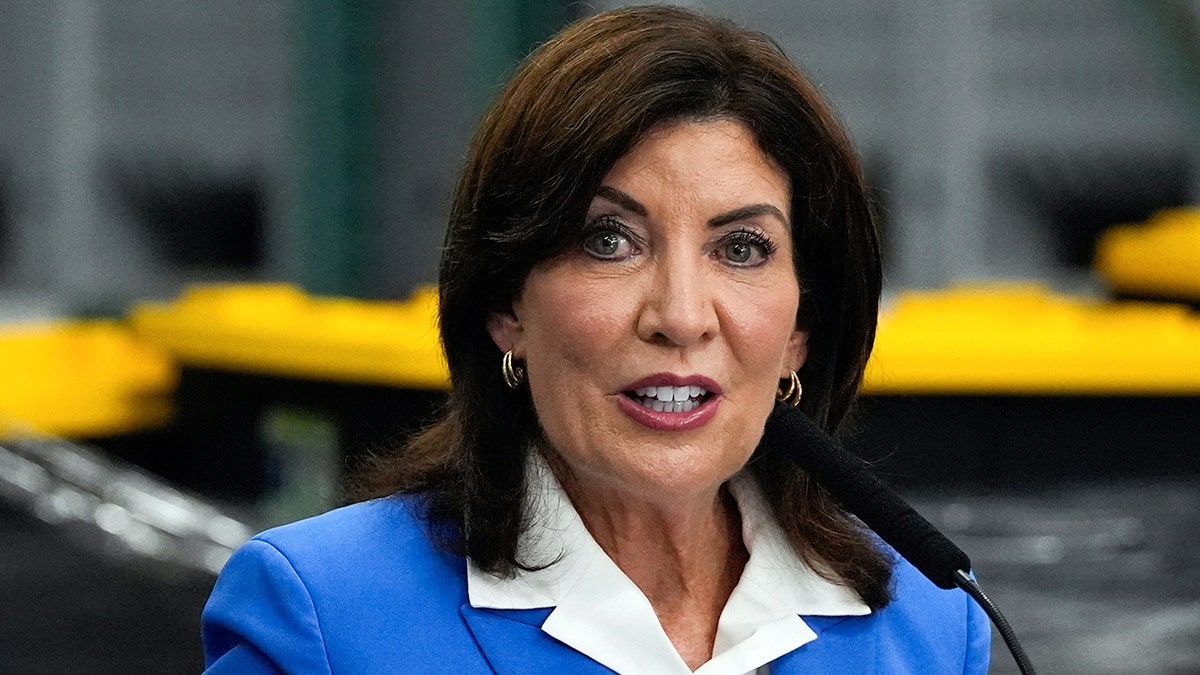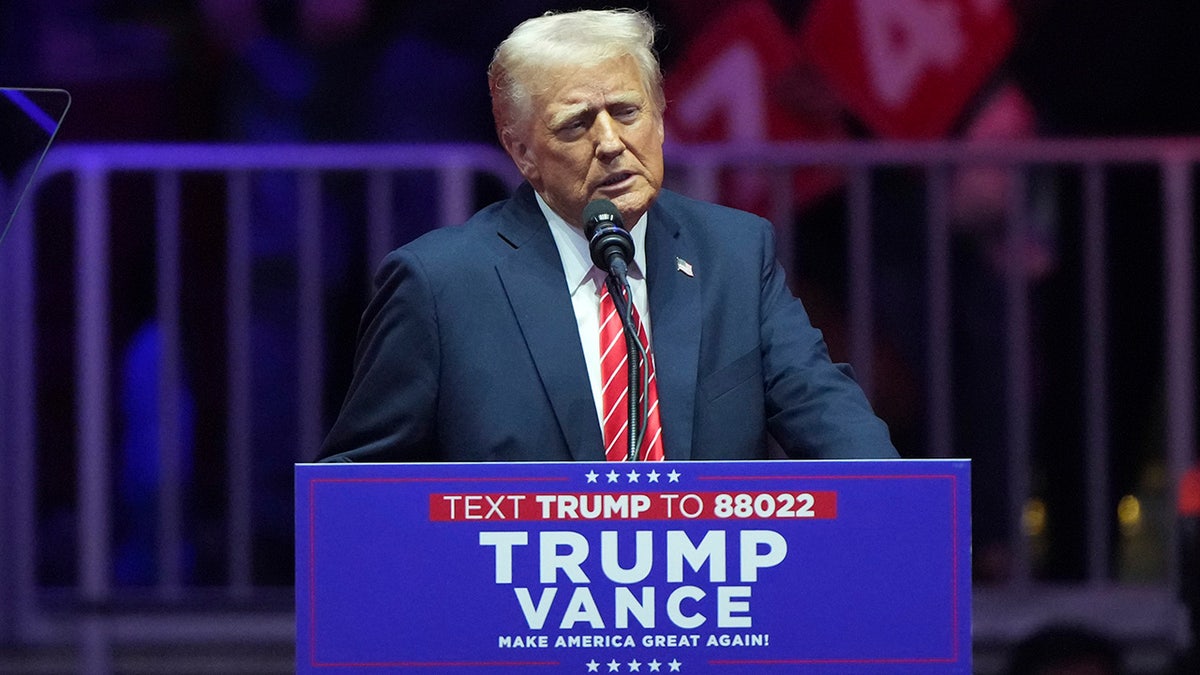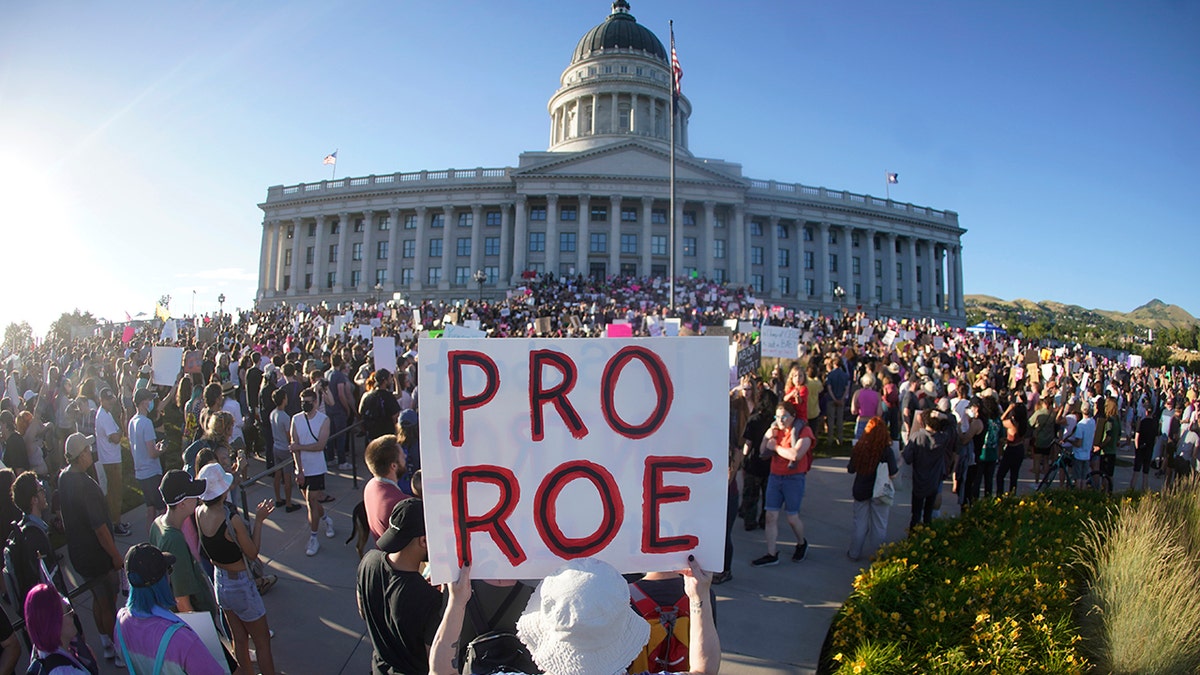Assistant Secretary for Health, Rachel Levine, recently addressed the ongoing debate surrounding gender-affirming care for minors, asserting the necessity of medical interventions like hormone therapy for young people experiencing distress due to their biological sex. In an interview with ABC's "Nightline," Levine countered arguments that minors are too young to consent to such treatments, emphasizing the evidence-based nature of these interventions.
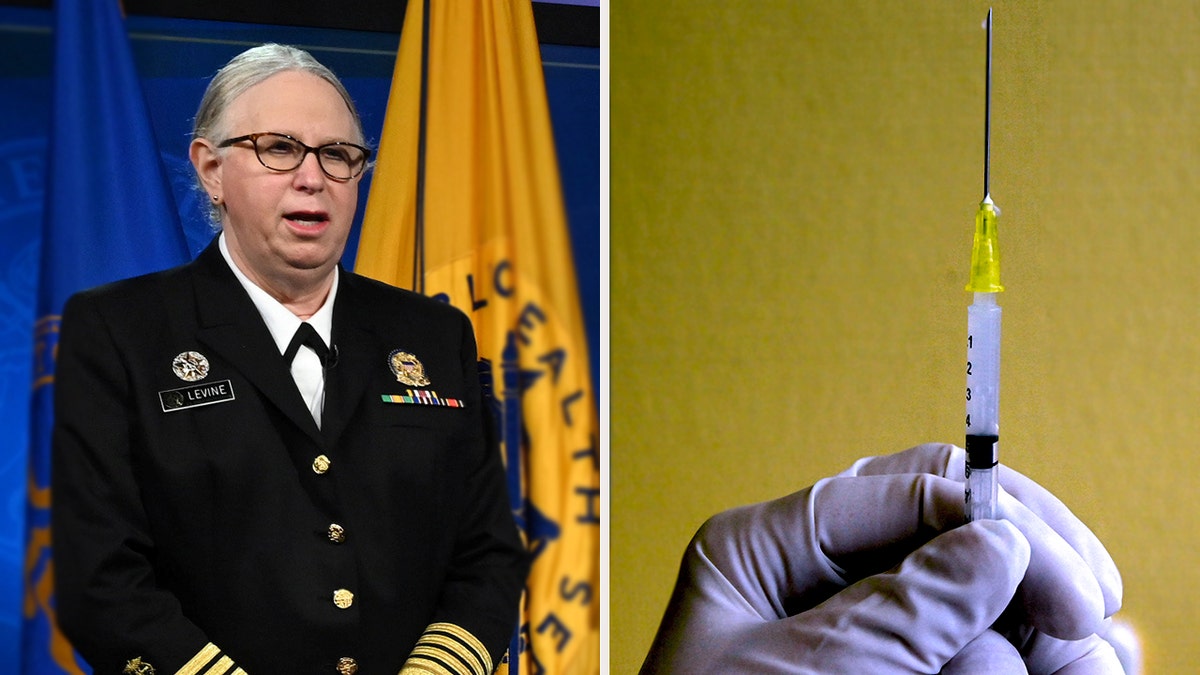
Levine highlighted the challenges of adolescence and puberty, particularly for those whose internal gender identity doesn't align with their physical development. She questioned the impact of undergoing puberty incongruent with one's internal sense of self, using the example of a person who identifies as female but experiences male puberty. Levine, the highest-ranking openly transgender federal official, transitioned later in life, undergoing her own transition at age 54.
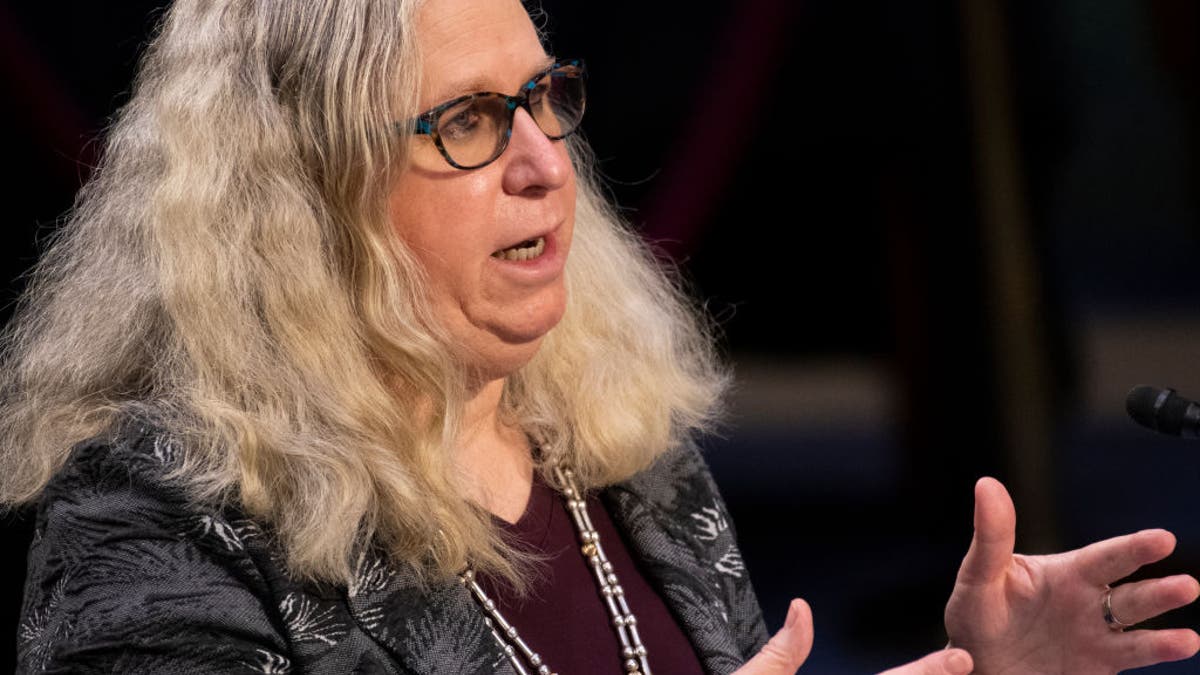
While clarifying that surgical procedures are not performed on pre-pubescent children, Levine stated that therapeutic options like hormone and speech therapies can offer a safe space for exploration. She underscored the importance of these treatments, characterizing them as "suicide prevention care" and criticizing bans on such interventions as unscientific and potentially harmful. Levine reiterated that gender-affirming care encompasses both medical and mental health support.
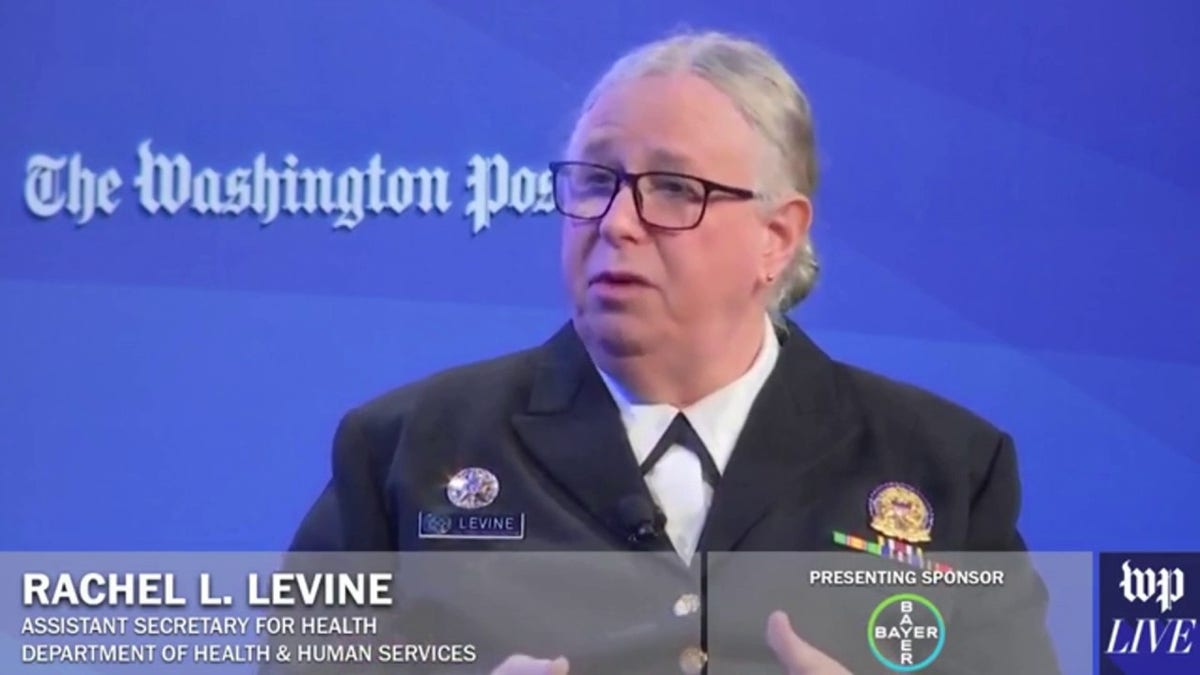
Levine's statements drew criticism from some, including Parents Defending Education President Nicki Neily, who questioned Levine’s credibility on the issue. In a previous interview, Levine argued against government involvement in gender treatments for minors, asserting that politically motivated laws harm children. This ongoing debate highlights the complex and contentious nature of gender-affirming care for youth.

